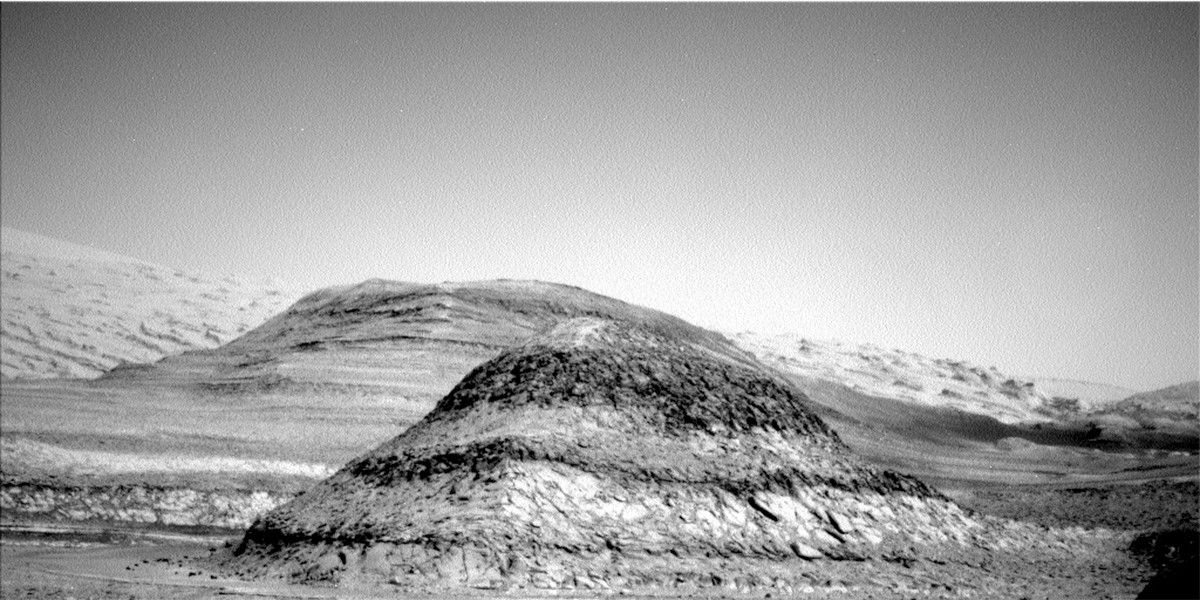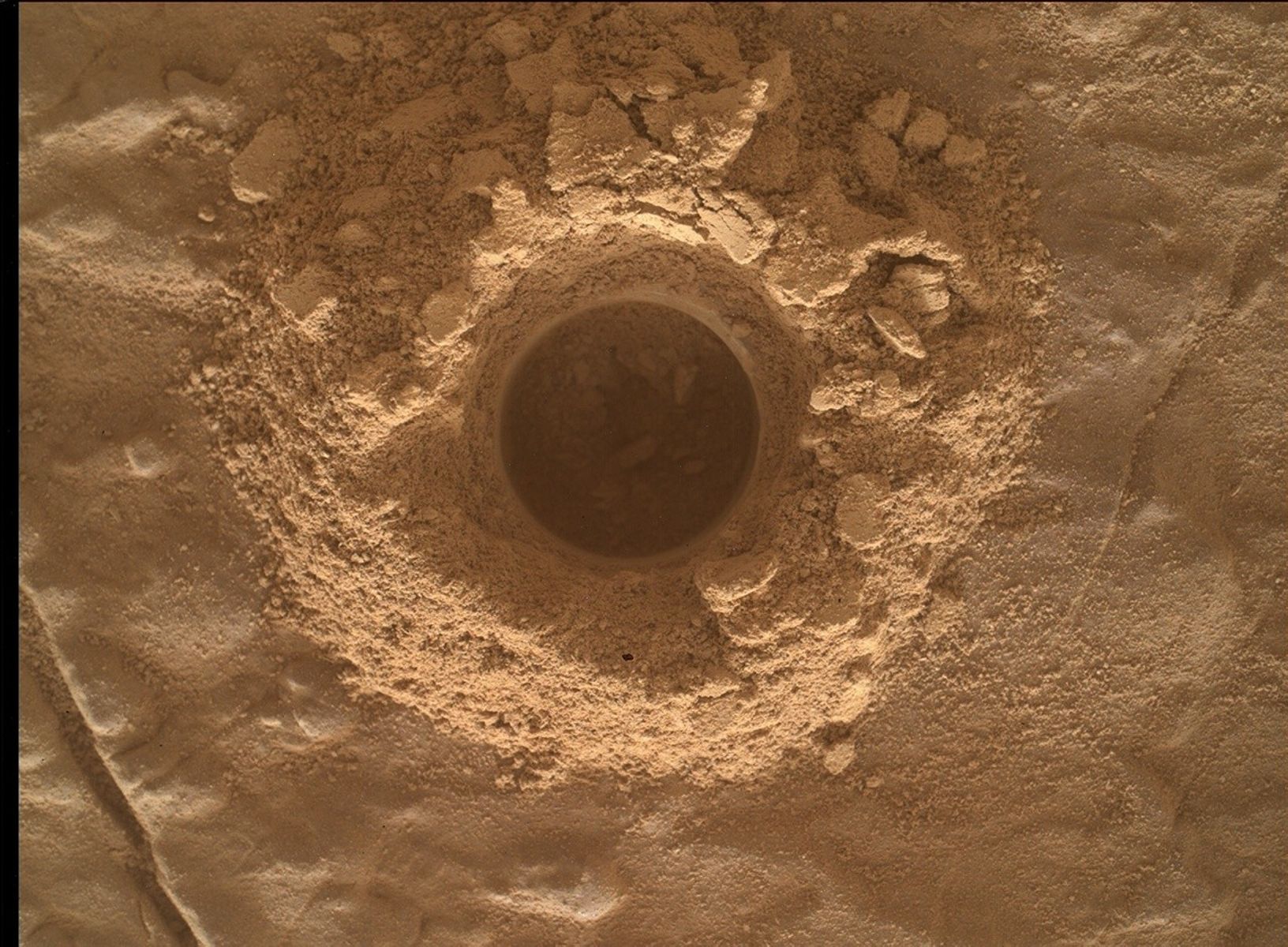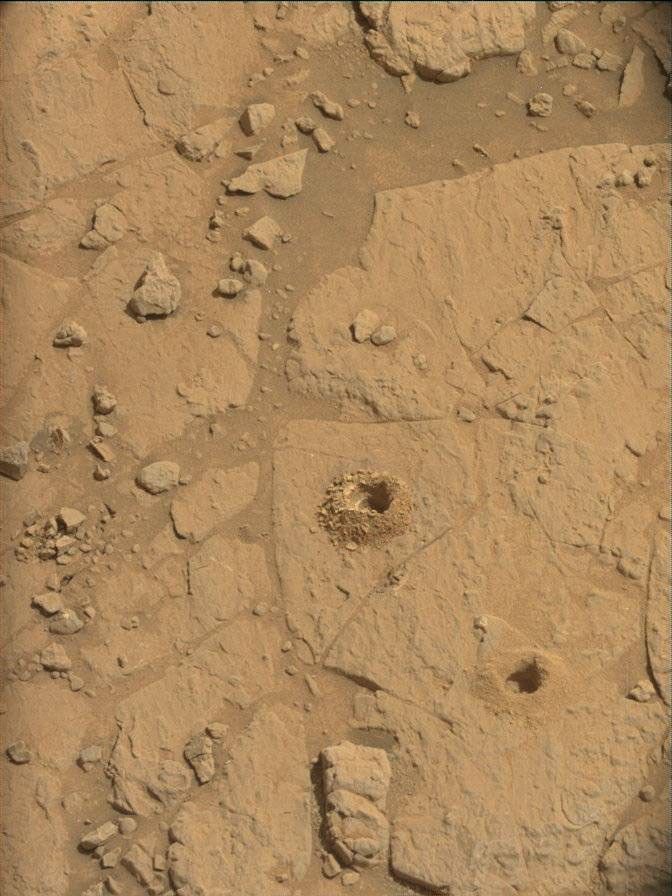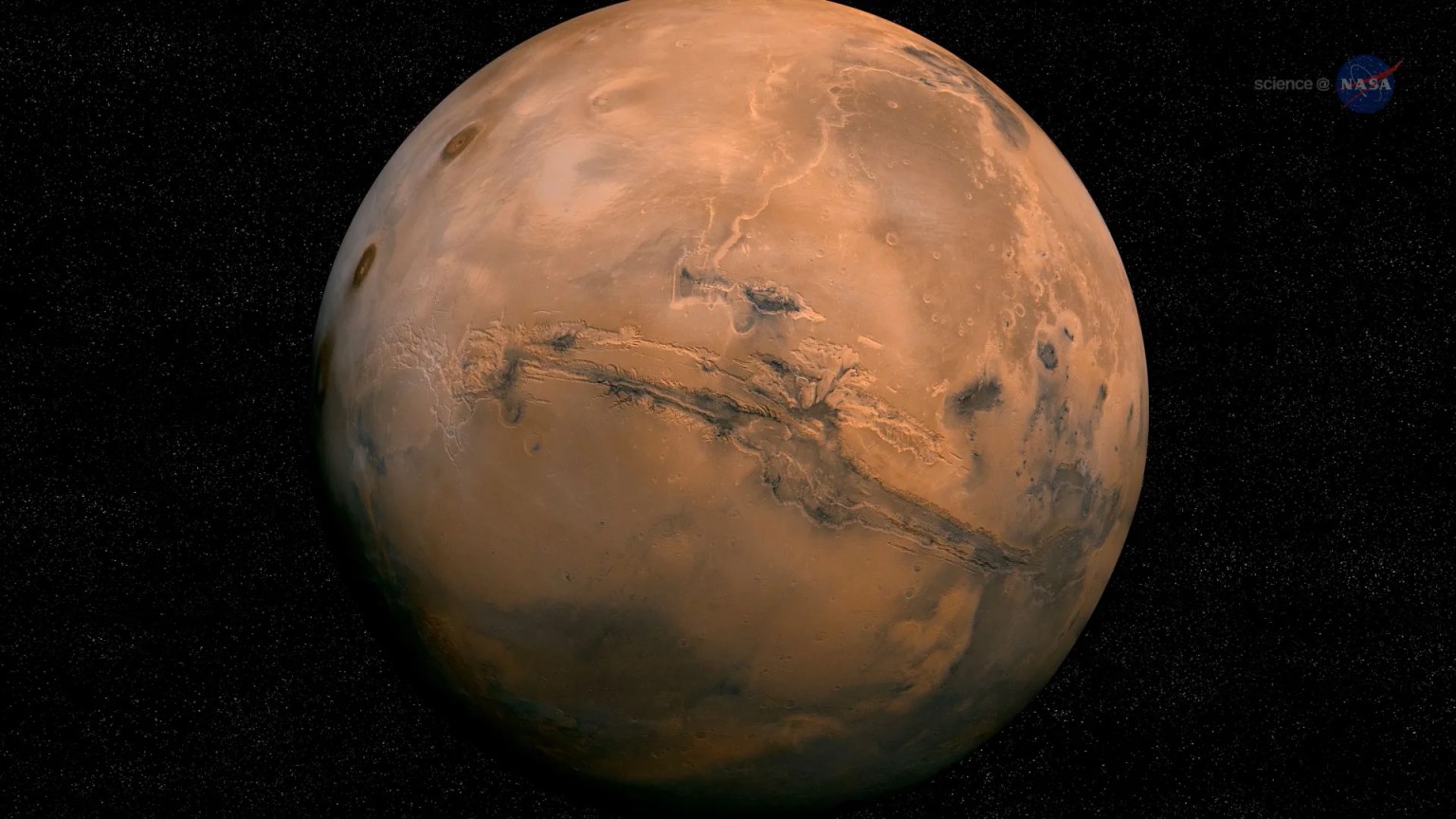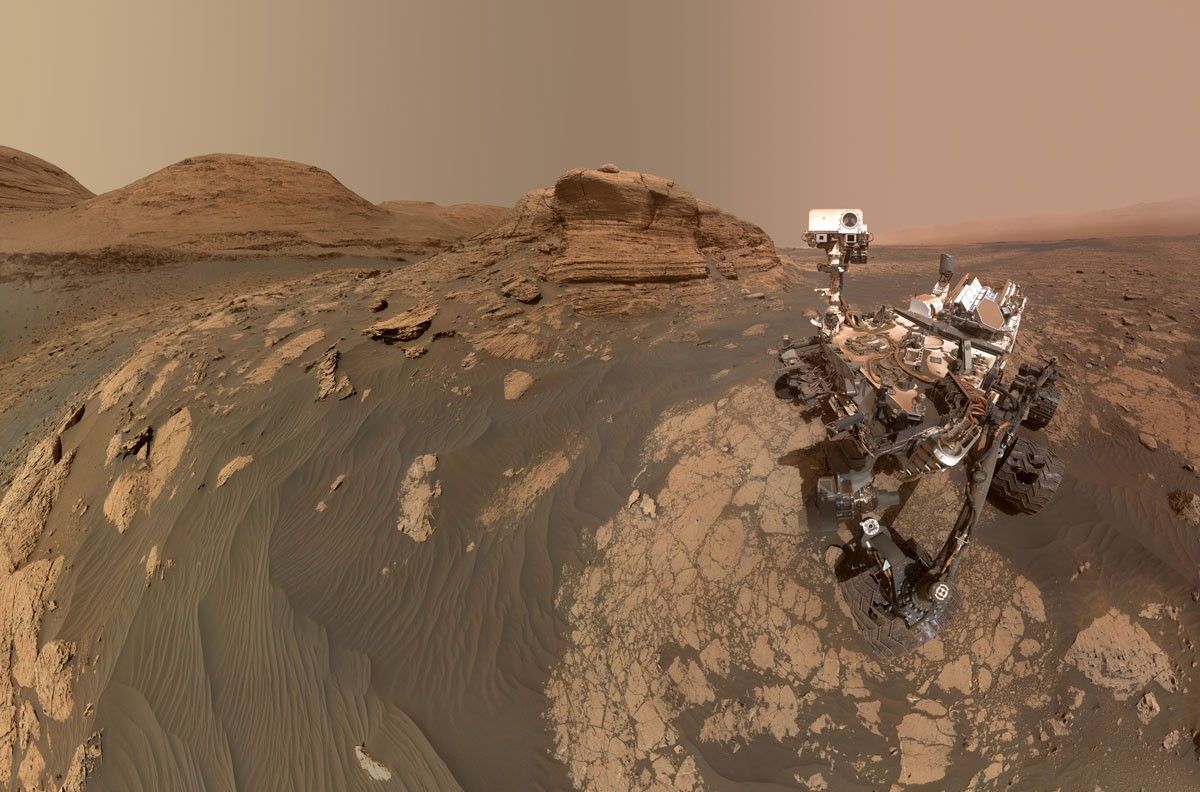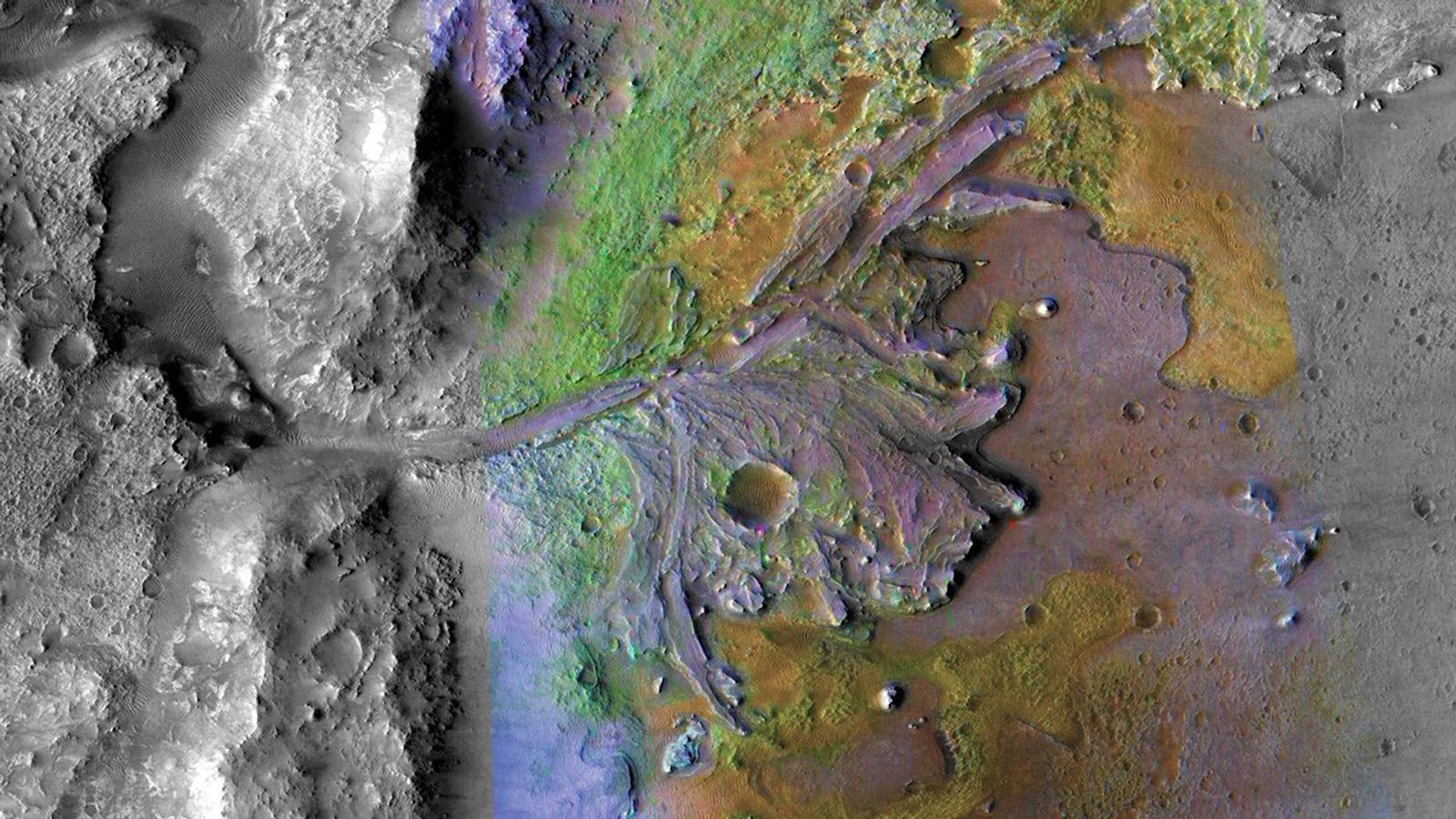As happens occasionally, our previous plan did not execute quite as expected. There was an issue with the rover’s avionics in Wednesday’s plan just before MAHLI was to take images of our contact science target “Roxinho.” This precluded that imaging, the subsequent drive and observations taken from our remote sensing mast. Thankfully our engineering team here at JPL assessed the fault and felt comfortable clearing us for nominally planning this morning.
As Science Operations Coordinator, I work closely with the JPL engineering team and the science team. My job on a morning like this is to take stock of what activities we need to recover from the previous plan with the fault, make sure they make it into today’s plan and then consider what additional activities we have the resources to bring in.
As is typical for a 3-sol Friday plan, we were able to bring in contact science as well as a drive. We worked to recover the “Roxinho” MAHLI target, but also brought in a new target “Shabono” which we will brush to remove any pesky dust and will inspect with both MAHLI and APXS. Shabono is another example of the lovely rhythmically layered bedrock we discussed in yestersol’s blog. We are also using our MAHLI camera to image our CheMin inlet funnel for any remaining debris after our “Canaima” drill campaign back in October, this is a lien we have been tracking and is required before we deliver new sample to CheMin, hopefully soon!
We will recover the same drive previously planned on Wednesday – this drive will be about 15 meters and will set us up to perform contact science on an interesting slab of bedrock that the science team is considering for our next sampling campaign.
Our third sol includes typical untargeted observations – using our ChemCam AEGIS capabilities to autonomously select a LIBS target (it’s so nice when the rover does the thinking for us!), as well as our regular environmental monitoring observations.
Written by Elena Amador-French, Science Operations Coordinator at NASA's Jet Propulsion Laboratory





























